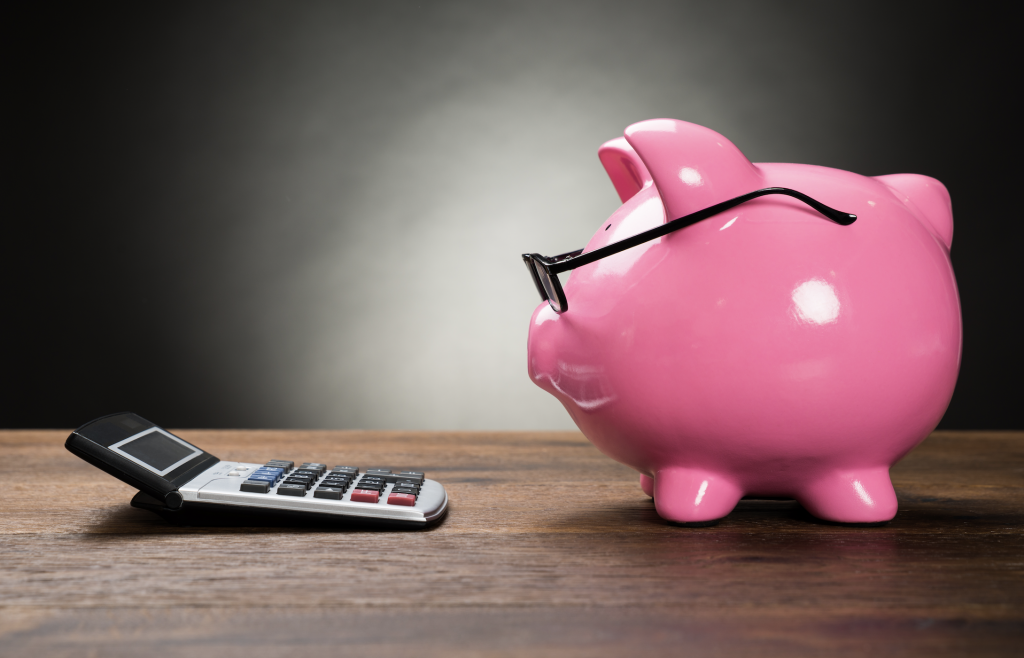Retirees may be required to pay income tax on their state pension for the first time as a result of the government’s 10.1 per cent state pension increase.
The older basic state pension for people who qualified prior to 2016 will increase to about £8,122 starting in April. The state pension is presently set at £9,628 annually but will climb to around £10,600 annually and by 2028, it’s expected to climb to £12,544. But the tax-free personal allowance will be capped at £12,570 until 2028, according to last week’s government announcement.
The personal tax allowance freeze and the triple lock, which will likely raise the state pension to 30 per cent over the next six years, will force pensioners to pay income tax on their state pension income.
Canada Life technical director Andrew Tully says: “This will be welcome news to the millions of pensioners struggling with the current cost of living crisis. However, given inflation for pensioners is likely to be higher than the headline 10.1 per cent it may not completely cover the increases people are seeing in their outgoings.
“There is a sting in the tail as there is potential for the state pension to exceed the frozen personal income tax threshold by 2028, potentially dragging many millions more pensioners into paying income tax.”
Hyman Robertson senior DC consultant Hannan English says: “If we look at the new state pension alone (currently to £10,600 on April 23), there is a chance that this could continue to increase to an extent that it outreaches the frozen £12,570 by April 28. Currently, future inflation is looking high – inflation over the next year could be 7.5 per cent.
“Even if it then drops to 2.5-3 per cent in the following years it could mean that dependent on actual levels of future inflation, the state pension could get close to the frozen personal allowance and possibly above.”
